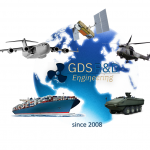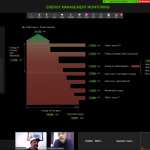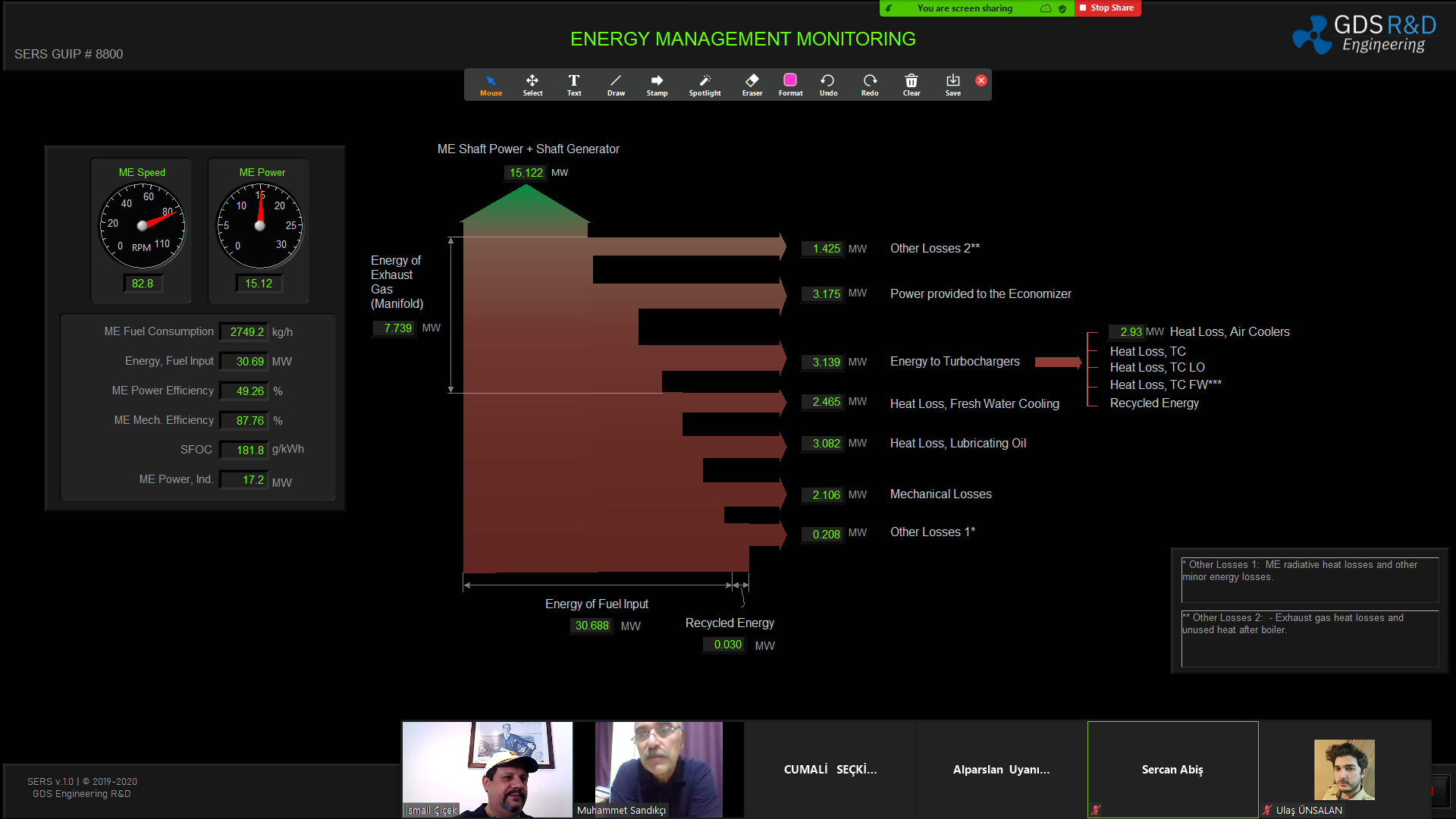References of GDS Simulator Users
&
Solution Partners
in
Maritime Training and Research
GDS ERS meets both IMO STCW 2010 Competency/Training Requirements and IMO Model Course 2.07 Exercise Requirements
Click here to read all details…
Highlights of the GDS Engine Room Simulator:
- Certified for use in training and education of marine engineering cadets.
- Certified by ClassNK, a Japanese Classification Society. Class NK is an official member of IACS.
- Certification includes IMO STCW 2010 (with Manila Amendments)
- Certification type is Full Mission (Class A) type approval.
- Certification includes IMO Model Course 2.07 (2017 Edition).
- Applicable for Remote (Online) Training
- Provides two types of mostly used engine modes.
- Simulates all engine room machinery and systems with more than 50 GUI Panels.
- Satisfies the High Voltage Training requirements.
- Includes Environmental Pollution modules, such as Ballast Water Treamen, Oily Water Separator, ME Denoxification System, and others.
- Includes Energy Efficiency modules. Students can compare theoretical studies against the simulator instances using Sunken Diagrams.
- Includes engine performance monitoring tools. Students are able to compare the current values againt the baselined ship’s navigation test as well as main engine’s factory test data. The baselined test data are presented within the software to the students with graphs. This our unique approach is to actually duplicate the real world work environment of wachkeeping engineers checking the parameters against the user manuals and engine books with test data.
- Provides a realistic environment for emergency operations with all required systems.


